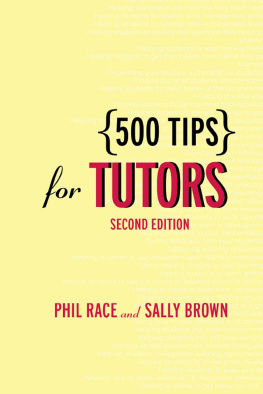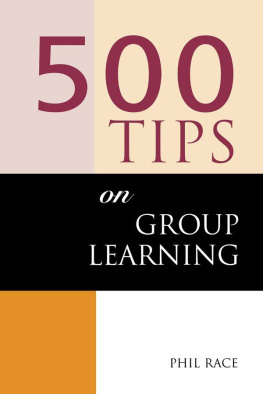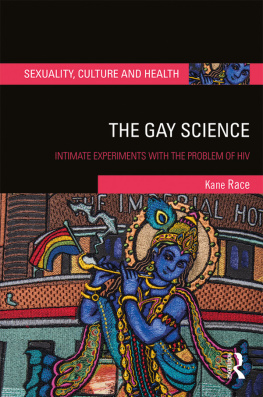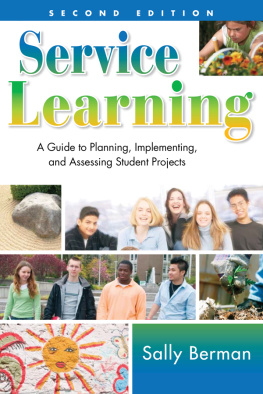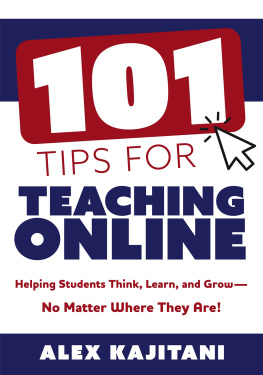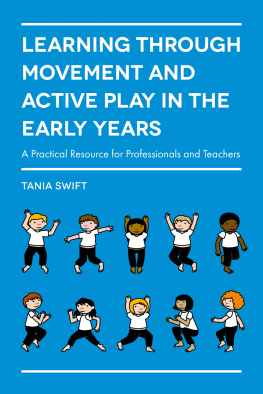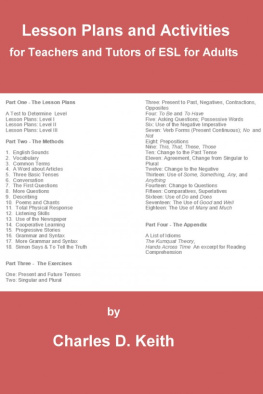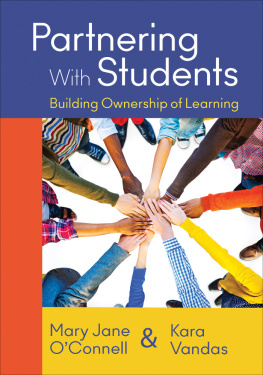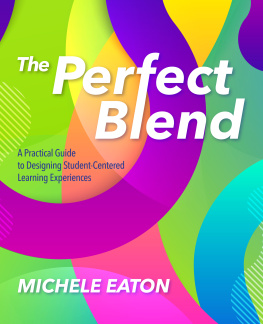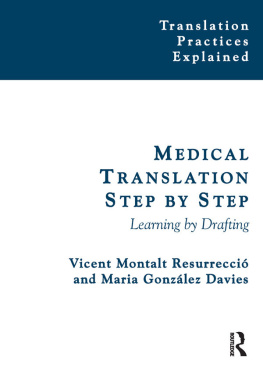500 Tips for Tutors
This book contains over 500 practical suggestions designed to help tutors establish active learning among their students. Divided into useful sections, the tips cover the gamut of teaching and learning situations and comprise a start anywhere, dip-in resource suitable for both the newcomer and the old hand.
Intended mainly for the university or college lecturer involved in learner-centred learning, the book offers fresh ideas and food for thought on six broad areas of the job:
Getting your students going
Starting off, and working together
The programme itself lectures, assignments and feedback
Helping students to learn from resources
Assessment: demonstrating evidence of achievement
Skills for career and life in general
This lively and stimulating book will prove valuable to lecturers, tutors, teachers, trainers and staff developers.
Phil Race currently works part-time at the University of Leeds, and also runs training workshops for staff.
Sally Brown is Visiting Professor of Learning and Teaching at the Leeds Metropolitan University, and also at the Robert Gordon University in Aberdeen and Buckinghamshire Chilterns University College. She is also an independent higher education consultant, change manager and interim manager.
New editions in the 500 Tips series
500 Tips for Open and Online Learning, 2nd edition
Phil Race
500 Tips for Tutors, 2nd edition
Phil Race and Sally Brown
500 Tips on Assessment, 2nd edition
Phil Race, Sally Brown and Brenda Smith
500 Tips for Tutors
Second edition
Phil Race and Sally Brown

First edition published 1993 by Kogan Page
Second edition published 2005 by RoutledgeFalmer
2 Park Square, Milton Park, Abingdon, Oxon, OX14 4RN
Simultaneously published in the USA and Canada
by RoutledgeFalmer
711 Third Avenue, New York, NY 100017
RoutledgeFalmer is an imprint of the Taylor & Francis Group
1993, 2005 Phil Race and Sally Brown
Typeset in Garamond by Keystroke, Jacaranda Lodge, Wolverhampton
All rights reserved. No part of this book may be reprinted or reproduced or utilised in any form or by any electronic, mechanical, or other means, now known or hereafter invented, including photocopying and recording, or in any information storage or retrieval system, without permission in writing from the publishers.
British Library Cataloguing in Publication Data
A catalogue record for this book is available from the British Library
Library of Congress Cataloging in Publication Data
Race, Philip.
500 tips for tutors / Phil Race and Sally Brown. 2nd ed.
p. cm. (500 tips series)
Includes bibliographical references and index.
ISBN 0415342783 (pbk. : alk. paper)
1. College teachingHandbooks, manuals, etc. 2. Study skillsHandbooks, manuals etc. 3. Tutors and tutoringHandbooks, manuals, etc. I. Title: Five hundred tips for tutors. II. Brown, Sally, 1950 Feb. 1- III. Title. IV. Series.
LB2331.R27 2004
378.12dc22
2004007610
ISBN 0415342775
Contents
Preface to the second edition
Little did we guess when in 1992 we were writing the original edition of 500 Tips for Tutors that this was to be the first of over 20 Tips books we would write together, or separately, or with a range of co-authors. Our aim, then as now, was to provide practical advice for tutors and lecturers, based on experience, underpinned by the relevant scholarship of teaching and learning, but about practice rather than scholarship.
In the years since 1992, we have revisited teaching, lecturing, assessment, and many other things touched on in our original 500 Tips for Tutors, and have written on all of these in much more depth and detail in other works. So we returned with not a little trepidation to the task of making a new edition of the first of our joint books. Having between us written 2000 Tips for Lecturers, 500 Tips on Assessment, Lecturing: A Practical Guide and The Lecturer's Toolkit, did we have anything new to say, and how on earth could we cover the ground in just 500 Tips now?
Fortunately, when we returned to the agenda of 500 Tips for Tutors, we were reminded of two things. The book was for tutors and not just lecturers in other words, for all the people supporting students rather than just those designing teaching and assessment. So, as well as being relevant to lecturers, the book needed to continue to be appropriate for teaching assistants, postgraduate students with teaching responsibilities, and other staff supporting student learning in educational institutions. Furthermore, the book was essentially about helping students to learn supporting them in many different aspects of their experience in higher and further education. Meanwhile, Phil had written several study-skills books directly for students. Yet in most of our subsequent joint books we'd concentrated on teachers, so here now was our opportunity to go back to the vital agenda of helping teachers to help students to learn effectively.
So how best could we go about the task of putting our shared experience into this new edition? It now would be quite impossible to cram all our ideas on helping colleagues to help students to learn into just 500 Tips. So we decided to work mainly with the agendas in the original book, and update and deepen them in the light of our current experience and thinking.
In practice, this has meant that just about every tip from the original volume has been changed, expanded, refined, deepened and polished, yet the original agenda has been broadly retained. Our new edition aims to continue to achieve the outcome of helping you to help your students to have a successful educational experience.
Phil Race and Sally Brown
March 2004
Chapter 1
Getting your students going
In this section, we start by looking at ways in which your students can be helped to do some useful preparation before they start your programme, then suggest how you can help them explore their own learning strategies. Then we remind you of a selection of general study skills that can be useful to students throughout their studies, or on particular occasions.
1
Helping students to prepare to start learning
Before the start of a programme or module, there may be a vacation or other slack time when students could, if they wished, do much to pave their way towards success. To be able to do so, they need to know what might be useful things for them to do to prepare for your programme. Here are some ways to help them.
1 Make sure they're given appropriate information. For example, try to ensure that students are given printed documentation about your programme (or your part of a course) some time in advance. A syllabus, for example, can be a useful start better still, a programme or module handbook. If you know they've all got appropriate access, such material can be useful online.
2 Get them pre-reading. Give them a list providing some ideas about useful sources to consult before the programme begins. The shorter and more focused such a list is, the more likely it is that students will try to do some pre-reading.
3 Tell them why. Explain why it's useful to study each major piece, and give positive suggestions regarding what students should try to extract from each source. Arming students with lists of questions can be a very productive way of helping them focus their reading. Build in tasks to accompany their pre-reading, including specific short tasks, such as from of Smith and Jones work out the three most important questions to ask about Bloggs's theory.

